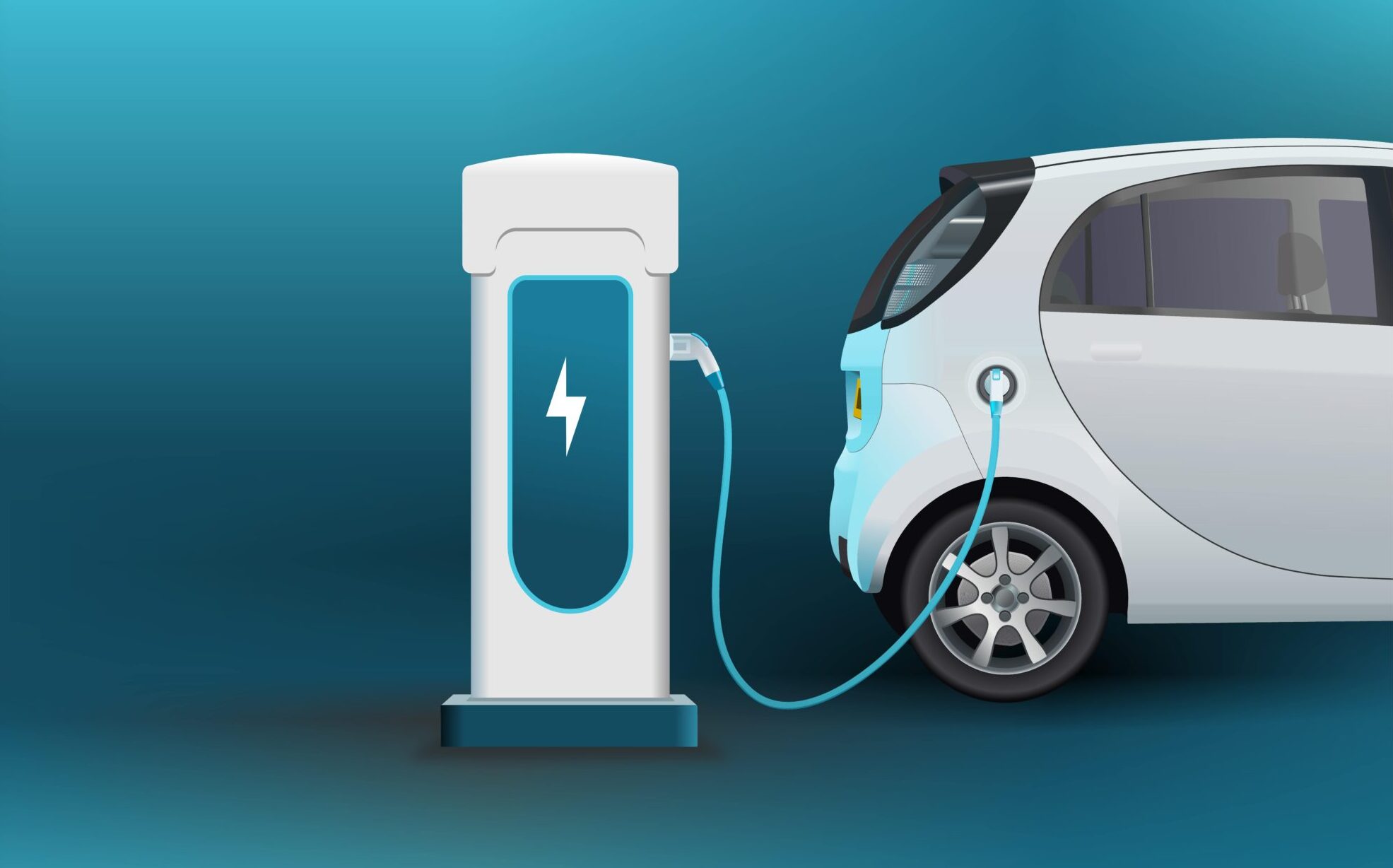Electric vehicles have come a long way since their inception, transforming from a niche market to a mainstream automotive revolution. As we look toward the future, several exciting developments are shaping the landscape of sustainable transportation.
Battery Technology Breakthroughs
Recent advancements in solid-state batteries promise to revolutionize electric vehicles. These new batteries offer higher energy density, faster charging times, and improved safety compared to traditional lithium-ion batteries. Manufacturers are investing heavily in this technology, with some experts predicting commercial availability within the next five years.
The most significant advantage of solid-state batteries is their ability to extend driving range while reducing charging time. Current prototypes demonstrate ranges exceeding 500 miles on a single charge, with charging times under 10 minutes. This development directly addresses two of the most common concerns among potential electric vehicle buyers.
Infrastructure Evolution
As electric vehicles become more prevalent, charging infrastructure continues to expand and evolve. Smart charging stations are being integrated into existing urban infrastructure, from street lights to parking meters. These innovations make charging more accessible and convenient for city dwellers.
Cities worldwide are implementing creative solutions to charging challenges. For instance, some municipalities are testing wireless charging roads, where vehicles can charge while driving. Others are converting existing gas stations into rapid-charging hubs equipped with amenities to make the charging experience more comfortable.
Environmental Impact
The environmental benefits of electric vehicles extend beyond zero emissions. Manufacturing processes are becoming more sustainable, with companies implementing closed-loop recycling programs for batteries and using renewable energy in production facilities.
Analysis shows that the lifetime carbon footprint of electric vehicles is significantly lower than conventional vehicles, even when accounting for battery production and electricity generation. As power grids transition to renewable energy sources, this advantage will only increase.
Economic Implications
The electric vehicle industry is creating new economic opportunities. From battery manufacturing to charging infrastructure installation, new jobs and business models are emerging. Traditional auto manufacturers are pivoting their operations, while new players are entering the market with innovative approaches.
The cost of electric vehicles continues to decrease as technology improves and production scales up. Industry analysts predict price parity with conventional vehicles within the next few years, making electric vehicles accessible to a broader market segment.
Autonomous Integration
The convergence of electric vehicles and autonomous driving technology is creating new possibilities for transportation. Self-driving electric vehicles could revolutionize ride-sharing services, delivery operations, and public transportation.
Companies are developing specialized autonomous electric vehicles for specific use cases, such as urban delivery vans that can optimize routes for maximum efficiency while minimizing environmental impact.
Global Market Trends
Different regions are adopting electric vehicles at varying rates, influenced by government policies, infrastructure availability, and consumer preferences. Some countries lead with aggressive transition targets, while others are gradually building momentum.
China remains the largest market for electric vehicles, followed by Europe and North America. Emerging markets are showing increased interest, particularly in electric two-wheelers and public transportation solutions.
Consumer Experience
The driving experience continues to evolve with new features and capabilities. Advanced user interfaces, over-the-air updates, and personalization options are becoming standard features in electric vehicles. Manufacturers are focusing on creating unique experiences that differentiate their products.
Mobile apps and connected services enhance the ownership experience, providing real-time information about charging stations, vehicle status, and maintenance needs. These digital tools help owners optimize their vehicle use and reduce range anxiety.
Looking Forward
The future of electric vehicles is not just about transportation it represents a fundamental shift in how we think about mobility and energy use. As technology continues to advance and infrastructure expands, electric vehicles will play an increasingly important role in creating sustainable urban environments.
The transition to electric vehicles is gathering momentum, driven by technological innovation, environmental concerns, and changing consumer preferences. As we move forward, the question is no longer whether electric vehicles will become mainstream, but how quickly the transformation will occur.
The next decade will be crucial in determining the pace and direction of this evolution. With continued investment in technology and infrastructure, electric vehicles are poised to redefine transportation for generations to come.
End Note
This revolution in transportation technology marks one of the most significant shifts in automotive history. As we continue to innovate and adapt, the future of electric vehicles looks increasingly bright and sustainable.


Babatunde Ogunlewe
Dec 23, 2024test 2
Admin User
Dec 10, 2024test